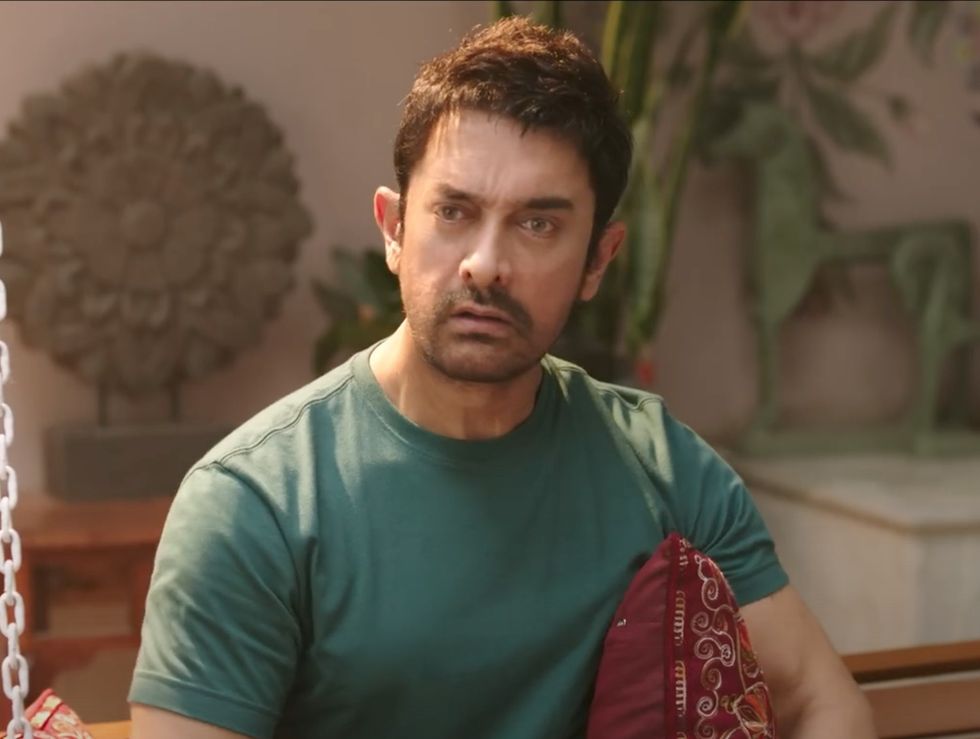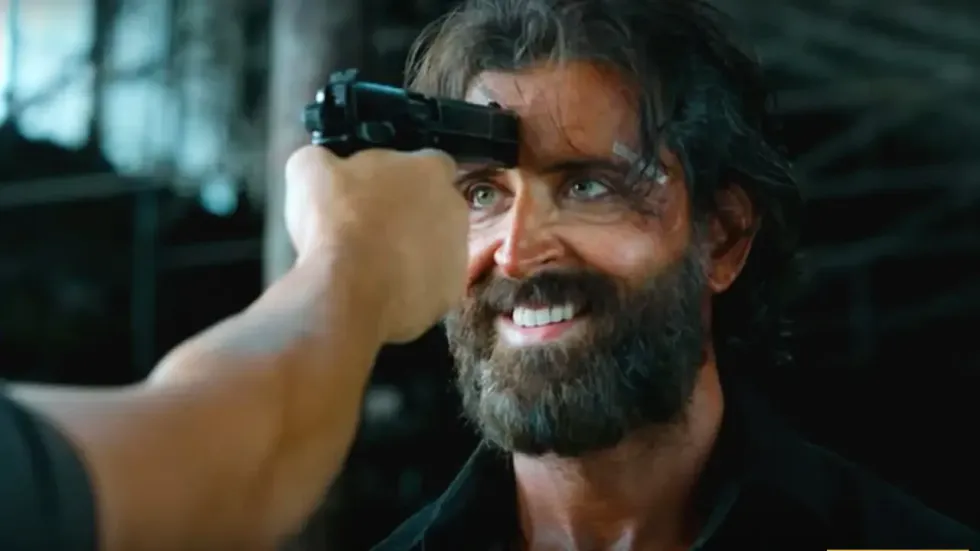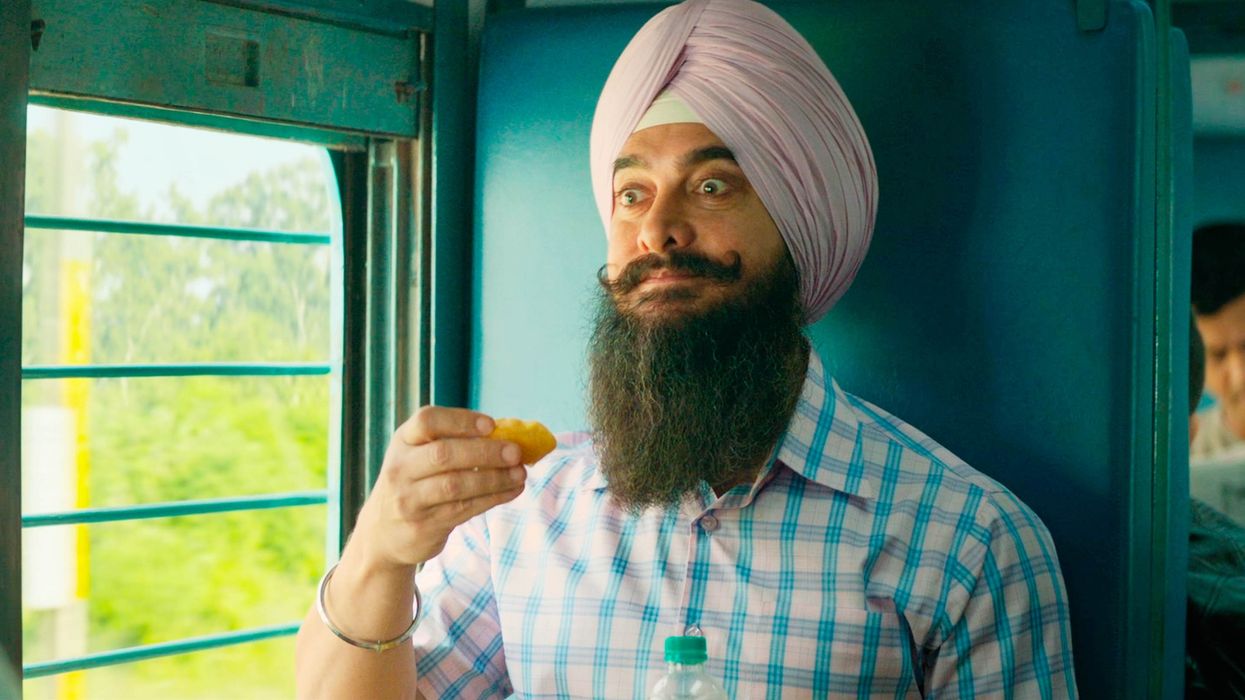This week sees the release of Aamir Khan’s new film Sitare Zameen Par. Marketed as a ‘spiritual sequel’ to the multi-award-winning 2007 drama Taare Zameen Par, the film is in fact a remake of the 2018 Spanish movie Campeones — and it appears to be packed with copied moments from start to finish.
Social media users have already forensically compared the trailer with the original and pointed out identical scenes, alerting Hindi cinema fans to the 2023 American remake (Champions) and a 2022 German version (Weil wir Champions sind).
Unlike the many Bollywood productions that shamelessly steal storylines without credit, Sitare Zameen Par is an official adaptation. But it is arriving in an era where the remake formula no longer works — and now feels like a desperate, lazy shortcut.
Judging by the performance of most remakes in the past decade, the model is no longer viable. In today’s digital age, recycling someone else’s work is not just commercially risky — it is cultural suicide. 
In the so-called golden age — or more accurately, the morally grey era — of Hindi cinema, producers routinely lifted entire plots from international films or South Indian blockbusters.
Streaming platforms did not exist, YouTube had not yet archived global cinema, and social media had not empowered legions of film detectives gleefully exposing plagiarism frame by frame. Bollywood operated in a vacuum — and in that silence, rip-offs flourished.
Aamir Khan, ironically now on the receiving end of backlash after the ill-fated Forrest Gump remake Laal Singh Chaddha, was once a master of the borrowed blockbuster.
Akele Hum Akele Tum was essentially Kramer vs. Kramer with playback singing. Mann was a musical version of An Affair to Remember. Ghulam borrowed heavily from On the Waterfront. Dil Hai Ke Manta Nahin was a near-copy of It Happened One Night, and Raja Hindustani drew inspiration from Jab Jab Phool Khile.
Even Ghajini was a remake of a Tamil film, which had itself stolen the core idea from Memento. These films succeeded because most of the audience had never seen the originals.
They were cinematic secrets whispered among cinephiles, not dissected in Instagram reels or exposed in viral X threads.
Back then, it was so easy to plagiarise without consequence that legendary screenwriting duo Salim–Javed regularly lifted scenes and story ideas from global cinema for their 1970s blockbusters.
In the following decade, Javed Akhtar reportedly pitched the story of Main Azaad Hoon (1989) to producers as an original concept — they only discovered after production began that it was lifted from the Hollywood classic Meet John Doe.
While occasional remakes like Kabir Singh and Drishyam have succeeded, most Hindi remakes in recent years have crashed and burned — especially in the age of social media, streamers, and video sharing sites.
The painful list of failures from just the last five years includes Bachchhan Paandey, Jersey, HIT: The First Case, Vikram Vedha, Thank God, Mili, Shehzada, Selfiee, Bholaa, Sarfira, Baby John and Deva.
These films have become redundant because the originals are often available online — and even if you are unaware of the source, someone in the comments section will be happy to point it out.

Now with Sitare Zameen Par, the cycle repeats. The original Taare Zameen Par worked because it was original and honest.
It was not borrowed from overseas or adapted from the South — it emerged from a sincere concern for children with dyslexia, a subject Bollywood had never explored before.
Trying to recreate that emotional impact through a tired remake formula risks tarnishing the very legacy Aamir Khan helped create.
This is not just another film — it is his third-layer adaptation of a story that has already been remade multiple times in other languages.
But this is not only about Aamir. The industry as a whole must confront the fact that today’s audience is smarter, more connected, and far less forgiving.
In what is arguably the worst creative slump in Hindi cinema history, original storytelling is no longer a luxury — it is a necessity.
Instead of spending crores (over £100,000 or ₹1 crore) on designer costumes, scenic locations and remake rights, Bollywood should be investing in screenwriters.
Remember them? The underpaid, under-credited creatives with actual ideas? They are the ones capable of pulling this industry out of its current rut.
There is a generation of hungry young filmmakers and writers eager to tell new stories. But their scripts are gathering dust while remake kings chase the faded echoes of past glory.
It is time to retire the remake — or at least cut them back drastically.
Audiences deserve better. Bollywood deserves better. Hindi cinema cannot keep indulging the egos of creatives who, frankly, have run out of creativity.
That includes even the so-called perfectionists like Aamir Khan, whose own last home production Laapataa Ladies was not spared plagiarism accusations.
A struggling industry cannot build a future by xeroxing the past. It is time to stop photocopying and start creating.












